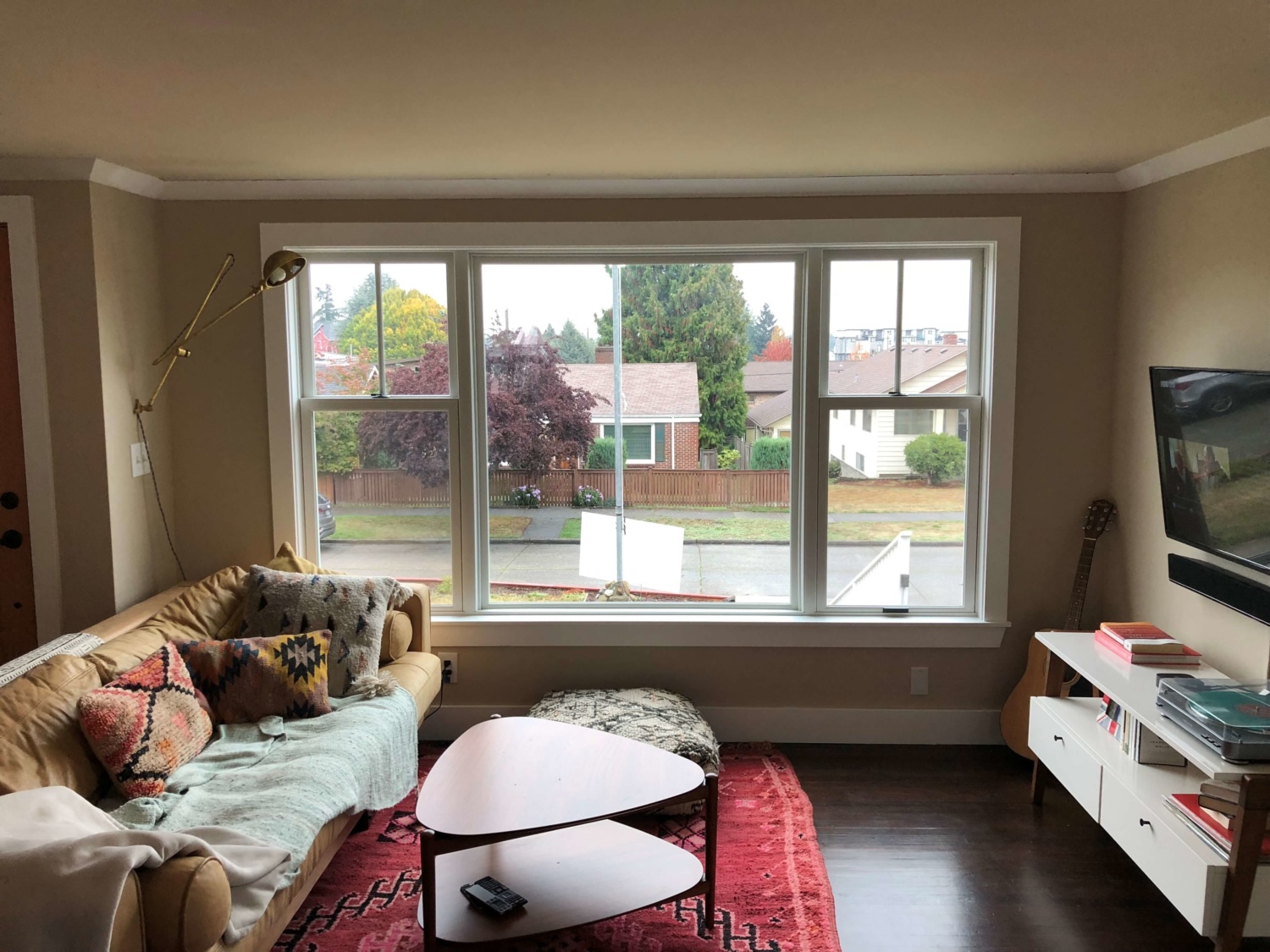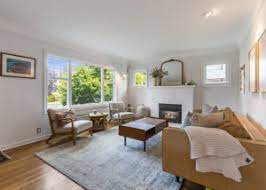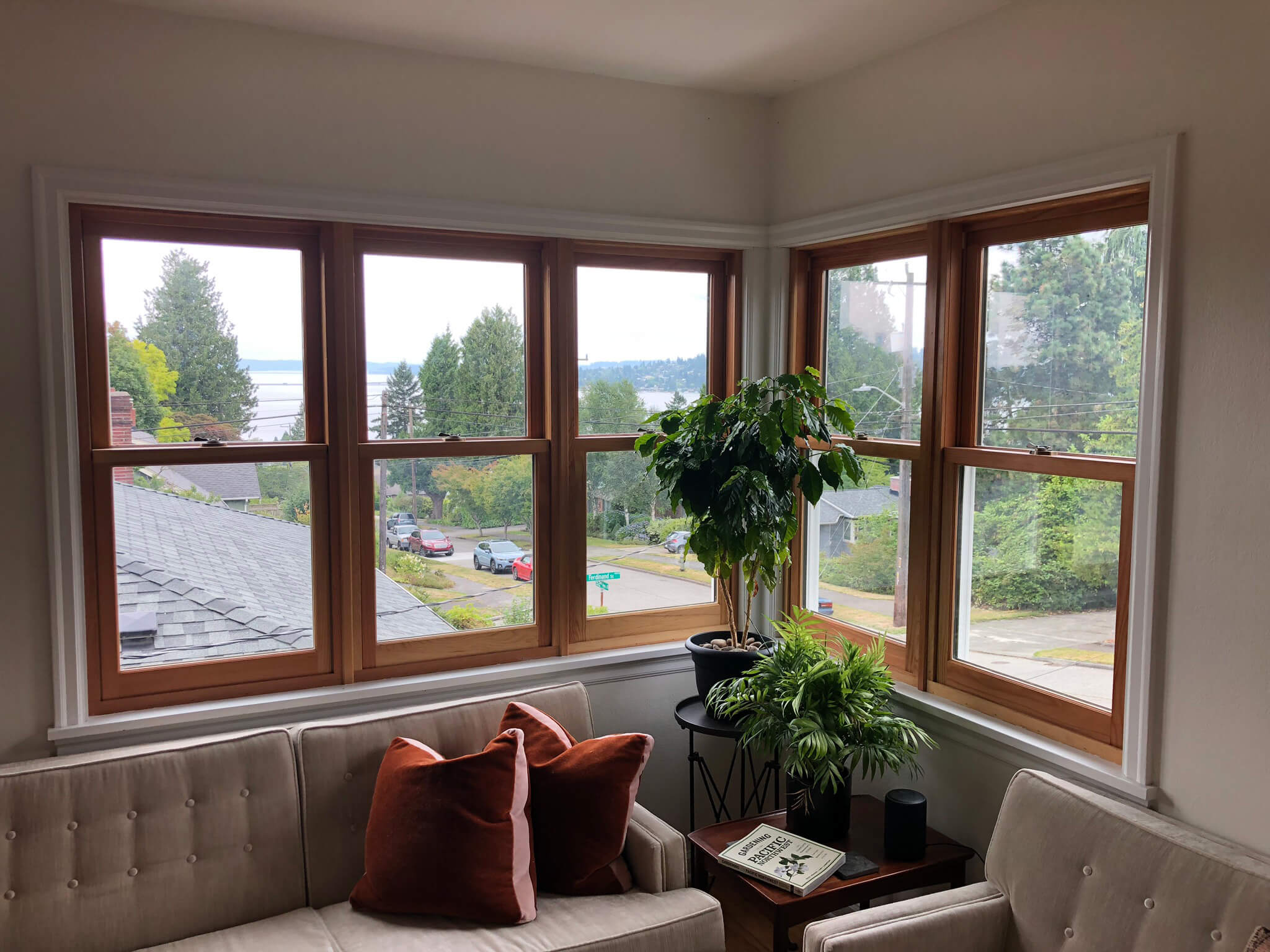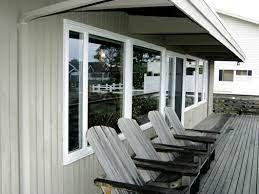If outside noise is a common issue in the home, you have probably wanted a solution for a long while. Truth be told, your windows are often the weakest link in the exterior envelope of your home. Fortunately, manufacturers have developed ways to increase noise reduction on replacement windows in Seattle, WA. Here are some of the specifics you will want to know.
How to Measure Soundproofing?
The National Fenestration Rating Council (NFRC) provides ratings so consumers can compare the energy-saving properties on replacement windows. Similarly, there is also a rating consumers can use to compare acoustic control on replacement windows. It is known as the Sound Transmission Class (STC) and measurements range from 18 to 50. No material will be completely soundproof, but higher ratings mean better soundproofing.
5 Features for Acoustic Control
Technologies that improve energy efficiency often work hand in hand to also improve noise reduction. Here are some of the features to keep in mind:
1. Window Style
Certain window styles do better at blocking heat and air. These same windows can also work to block sound. The most airtight and soundproof are often picture windows because there are no gaps in the assembly. Next up would be casement, awning, and hopper windows. These hinge to the side, top, or bottom and seal tight against the frame when closed and locked.
2. Window Frame Material
Many believe that window frame material is merely an aesthetic choice. But it also contributes to efficiency and noise reduction. Aluminum windows allow the most heat transfer. They are also likely to transmit the most noise. Vinyl and wood windows are incredibly good at insulation for both heat and sound. They will help make your home quieter.
3. Number of Panes
More panes of glass provide better insulation and noise reduction. Standard insulated glazing units (IGUs) come with two sheets of glass. But homeowners can also purchase windows with three or four sheets of glass. The added layers will help block heat transfer and reduce unwanted noise infiltration. That said, it is costly to add another windowpane. And there are better, more cost-effective ways to increase noise reduction.
4. Glass Thickness
Thicker glass is another way to cancel out sound. Standard windows have glass that is 3mm thick. But you can increase the thickness to 5mm and get better soundproofing and it isn’t that much more money. And while most glazing units have glass panels of the same thickness, another option is to choose variable thickness. You can make one panel 3mm and one panel 5mm. The variation will block a larger range of frequencies to help increase the STC.
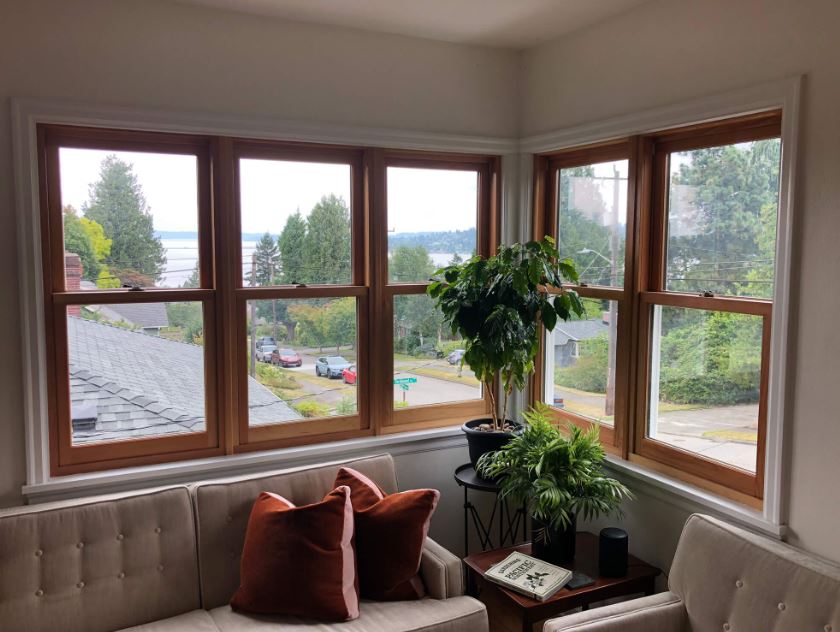
5. Laminated Coatings
Of all the glazing technologies, laminated coatings are perhaps the most effective in canceling out noise. The density of the interlayer on impact resistant windows breaks up sound. Laminated windows often have an STC of 32 to 35 all on their own. Imagine what that number could reach if you paired the right technologies.
To find the right soundproofing replacement windows in Seattle, WA reach out to our experts. At Signature Window & Door Replacement will help you find the best products for the best price.



